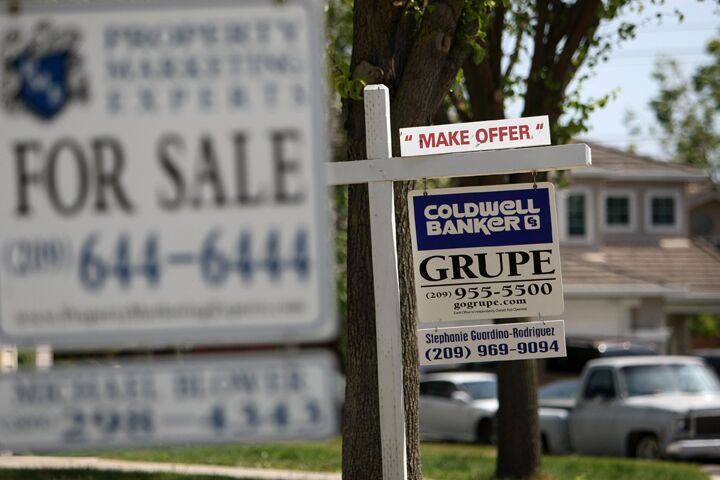
Housing Bust, Credit Crisis: Haven’t We Learned a Thing?
Does this make sense? Offering loans to home buyers without making them commit at least some of their own money as down payment?
How about you? Would you loan a complete stranger $500,000 to buy a home without making sure he or she had at least some skin in the game—especially with national home prices falling at double-digit rates?
Common sense indicates that, at a minimum, you would require the borrower to put some cash down. After all, he is a complete stranger; what’s to stop him from walking away from the house after a year when he finds out it is only worth $425,000, or possibly much less five years from now?
As banks and investors found out last June, when borrowers don’t have any of their own money at risk the odds are that a lot more struggling homeowners will default on their mortgages.
That is one of the biggest reasons private sector lenders have virtually stopped issuing loans to people unwilling or unable to put any money down when asking for a home loan.
In the past, when home prices were rising, banks were willing to give out no-down-payment loans. The banks largely off-loaded the risky loans to investors or speculators. This meant that many of the mortgages were not held on the banks’ books anyway, so giving large amounts of money to strangers didn’t much matter. And if the borrowers defaulted, the homes could be sold for a higher price, and everyone would be covered.
But an unforeseen thing happened: Home prices didn’t continue to rise in an eternally straight line. They actually began to fall—cascading by double-digit percentages in many areas. Now if the risky loans began “non-performing,” the homes couldn’t be sold at high enough prices to recoup the losses. And investors decided they didn’t want anything to do with the toxic subprime loans anymore.
Meanwhile, as the housing bust billowed, new homeowners in many parts of the country discovered they were making payments on homes that were in many cases worth 20 percent less than what they paid for them. With little or no personal money in the home, and with the economy struggling, borrowers en masse began to mail in the keys. According to housing database RealtyTrac Inc., foreclosure filings soared 48 percent in May over a year ago.
The banks quickly learned the lesson: Burn me once, shame on you; burn me twice, shame on me. They stopped issuing 100-percent-financed loans. Smart move.
But apparently, the government doesn’t mind getting burned over and over. The Federal Housing Authority (fha) continues to provide loans to borrowers who do not have to put up any of their own money.
“I just smell a massive taxpayer burden coming,” says Sen. Christopher Bond, who calls the programs “too good to be true.”
So the fha continues to pour cash into the money pit that remains from the collapse of the subprime mortgage market. The fha is about to request a government subsidy for the first time in its 74-year history. The agency says that next year it will need an additional $1.4 billion.
So the Federal Housing Authority continues the policies that helped create the housing bubble in the first place. Giving loans to people who couldn’t afford them was one of the biggest factors contributing to the historic rise in house prices.
But it isn’t just government agencies that don’t learn from history—even recent history.
General Motors is again reviving the “zero percent” financing strategy that helped boost sales earlier this decade. That is despite the fact that repo men are already running around at full speed reclaiming vehicles from borrowers who bought bigger cars and trucks than they should have the last time around.
As the current housing bust shows, borrowing too much money is one of the easiest ways to get into financial trouble.
Unfortunately, borrowing too much money is what America as an economy does best. The housing bust is only the first of many debt-related crack-ups on the way. If you haven’t taken action yet, the Trumpet suggests—as it did more than two years before the housing bust—to reduce your standard of living and take action to shore up your finances.
